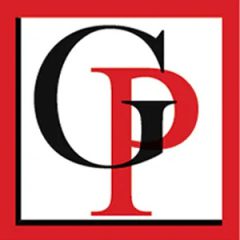Description
This book begins with a ‘cautionary tale’ about a development agency that implemented a programme to sink boreholes over a wide area in rural Zambia, with the purpose of lessening the burden of labour on women who had to fetch water from faraway streams. The result of the programme was exactly the opposite it had the actual effect of increasing women’s burden of labour. In this book, Longwe and Clarke seek to explain how a more considered approach can avoid such farcical disaster.
Central to women’s advancement is their own collective participation in the process of recognising and overcoming the instances of systemic gender discrimination which stand in their way. The Longwe Empowerment Framework, which provides the central core of this book, sets out five essential elements of the collective action by which women can obtain more control over their own labour and their own lives, in a continuous process of increasing collective empowerment. This empowerment process, being self-generative, is seen as being equally as important as the resulting material benefits.
Sara Longwe is a feminist and gender consultant who first published her ideas on the Women’s Empowerment Framework in 1991, and who has been developing these ideas ever since in her extensive consultancy work for various UN and bilateral agencies, for non-government agencies and in her local community work.
Roy Clarke is a former lecturer at the University of Zambia who joined his wife Sara Longwe as a partner in their consultancy firm of Longwe Clarke and Associates.





